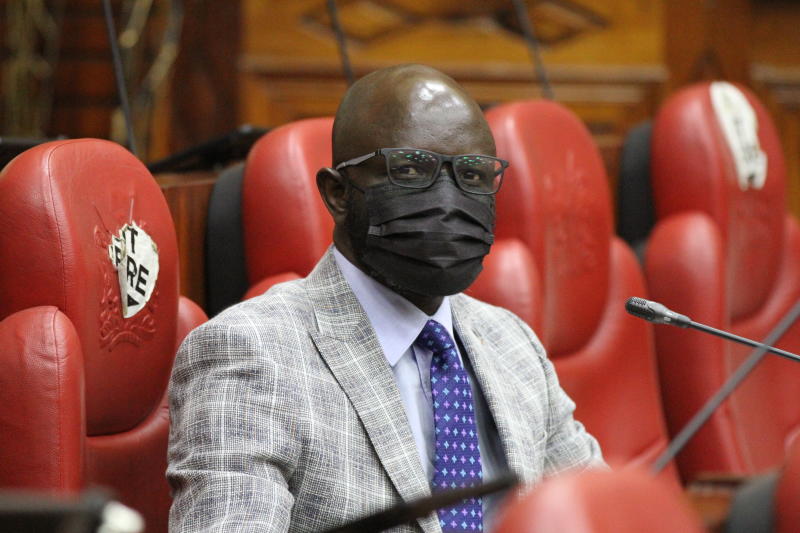×
The Standard e-Paper
Kenya’s Boldest Voice

Alego Usonga MP Samuel Atandi [Elvis Ogina, Standard]
Alego Usonga MP Samuel Atandi intends to introduce an amendment that would cede some prosecution powers from the Office of the Director of Public Prosecutions (ODPP) to the Directorate of Criminal Investigations (DCI).